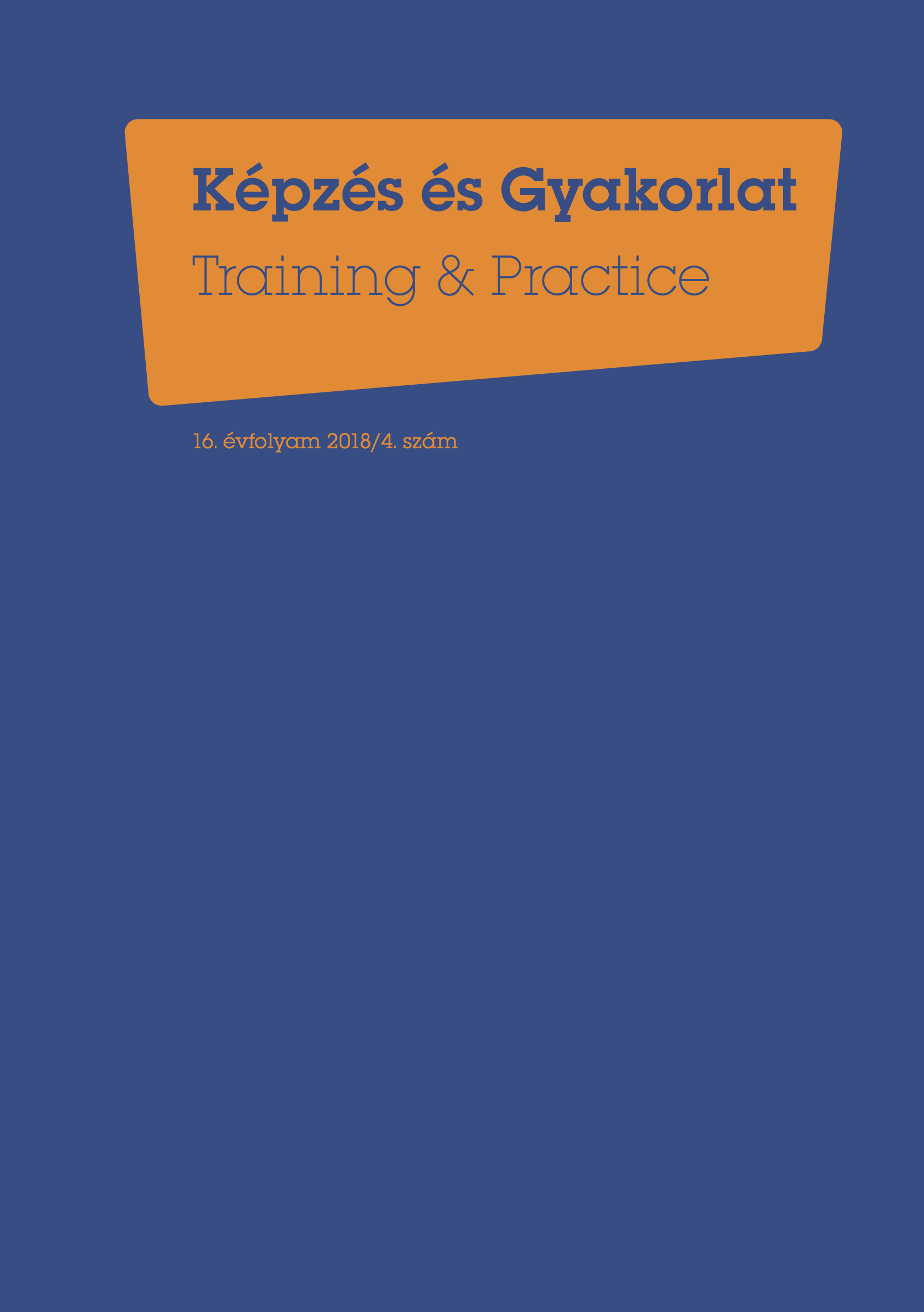Learning methods – depending on Google hits
DOI:
https://doi.org/10.17165/TP.2018.4.4Abstract
If someone asks a question himself/herself about how to make learning more efficient in today’s fast developing world, he/she will most likely turn to the Internet for help. We assume that at least 1/3 of the Google hits unfortunately, does not have any useful information. We have thought that certain sites are about the learning methods of the students of primary and secondary schoosl. We have supposed that most of them suggest techniques that help memorize the material. We have analysed 180 hits of Google for the words: „learning methods” to examine our hypothesis. We have deduced that with the help of the Internet one can learn how to learn efficiently.
References
A Kormány 110/2012. (VI. 4.) Korm. rendelete a Nemzeti alaptanterv kiadásáról, bevezetéséről és alkalmazásáról. (2012). Magyar Közlöny, 66. sz. pp. 10635–10847.
Bedő, F. (2012). A digitális nemzedék és lehetséges hatása az oktatásra. In: Szekszárdi, J. (Ed.) Digitalis_de_generacio 2.0, (pp. 15−30). Budapest: Underground Kiadó.
Bergeron, L. (2008). Circadian clock may be critical to learning and memory. Stanford Report. [online] http://news.stanford.edu/news/2008/october8/hamster-100808.html [2018. március 14.]
Besenyei, L. (2016). A generációváltás forradalma. Opus et Educatio, 3. évf. 4. sz. [online] http://opuseteducatio.hu/index.php/opusHU/article/view/19/131 [2018. március 14.] DOI: https://doi.org/10.3311/ope.19
Deákné, B. K. (2002). Neked is lehet jobb jegyed! Budapest: Deák és Társa Kiadó Bt.
Fuchs, W. R. (1973). Az új tanulási módszerek. Budapest: Közgazdasági és Jogi Kiadó.
Fürstné, K. E. − Sipos, E. (1992). Hogyan is tanuljak? (Hasznos tanácsok tizenéveseknek és szüleiknek) Budapest: Honffy Kiadó.
Józsa, K. − Fejes, J. B. (2012). A tanulás affektív tényezői. In: Csapó, B. (Ed.): Mérlegen a magyar iskola, (pp. 367−406). Budapest: Nemzeti Tankönyvkiadó.
Kata, J. (2011). Tanulástechnika. Budapest: Typotex.
Kőpatakiné, M. M. (2009). Tanulni jó. [online] http://www.ofi.hu/tudastar/foglalkoztatasba/kopatakine-meszaros [2018. március 17.]
Lappints, Á. (2002). Tanuláspedagógia. A tanulás tanításának alapjai. Pécs: Coménius Bt.
Metzig, W. − Schuster, M. (2003). Tanuljunk meg tanulni! A tanulási stratégiák hatékony alkalmazásának módszerei. Budapest: Medicina.
Mihály, I. (2009). Beszéljünk a házi feladatról! [online] http://ofi.hu/tudastar/beszeljunk-hazi [2018. március 14.]
Oroszlány, P. (2003). Könyv a tanulásról. Tanulási képességeket fejlesztő tréning 12−16 éveseknek. Budapest: Független Pedagógiai Intézet.
Tari, A. (2011). Z generáció. Budapest: Tericum Kiadó.
Ujhelyi., A. (2009). Iskola 2.0 Digitális generáció az oktatásban. Iskolakultúra, 19. évf. 11. sz. pp. 54−60.
Downloads
Published
Issue
Section
License
Copyright (c) 2018 Simon Katalin

This work is licensed under a Creative Commons Attribution-NonCommercial-NoDerivatives 4.0 International License.












